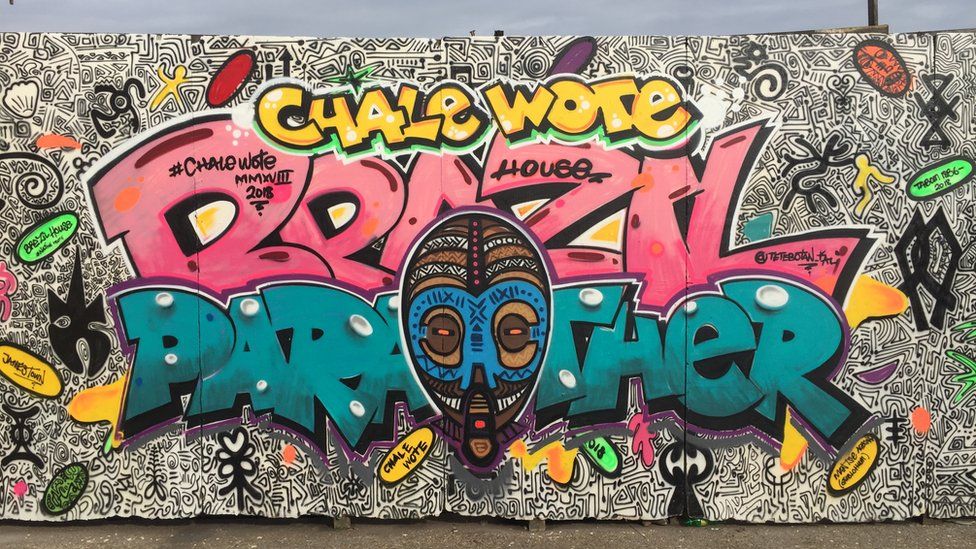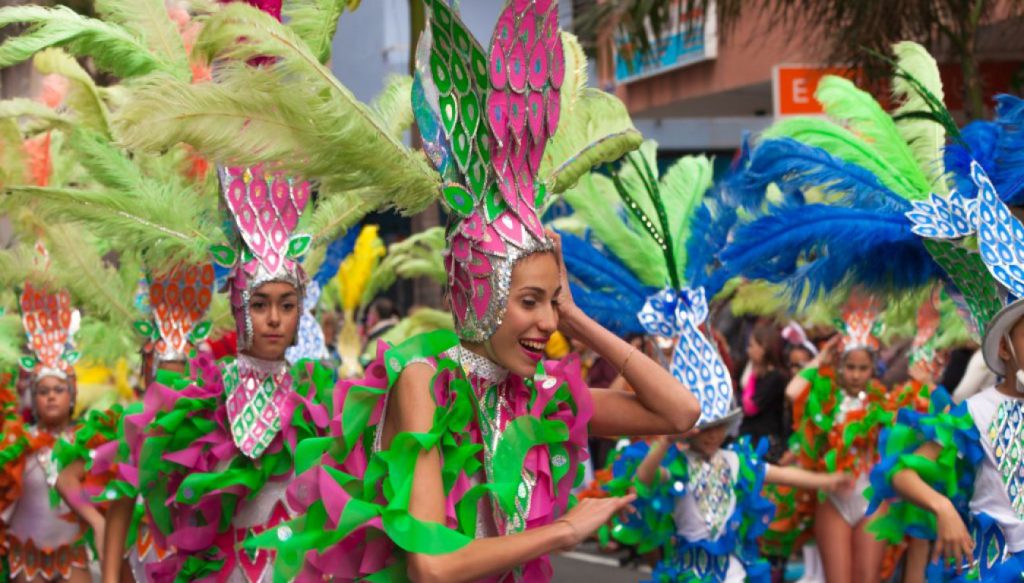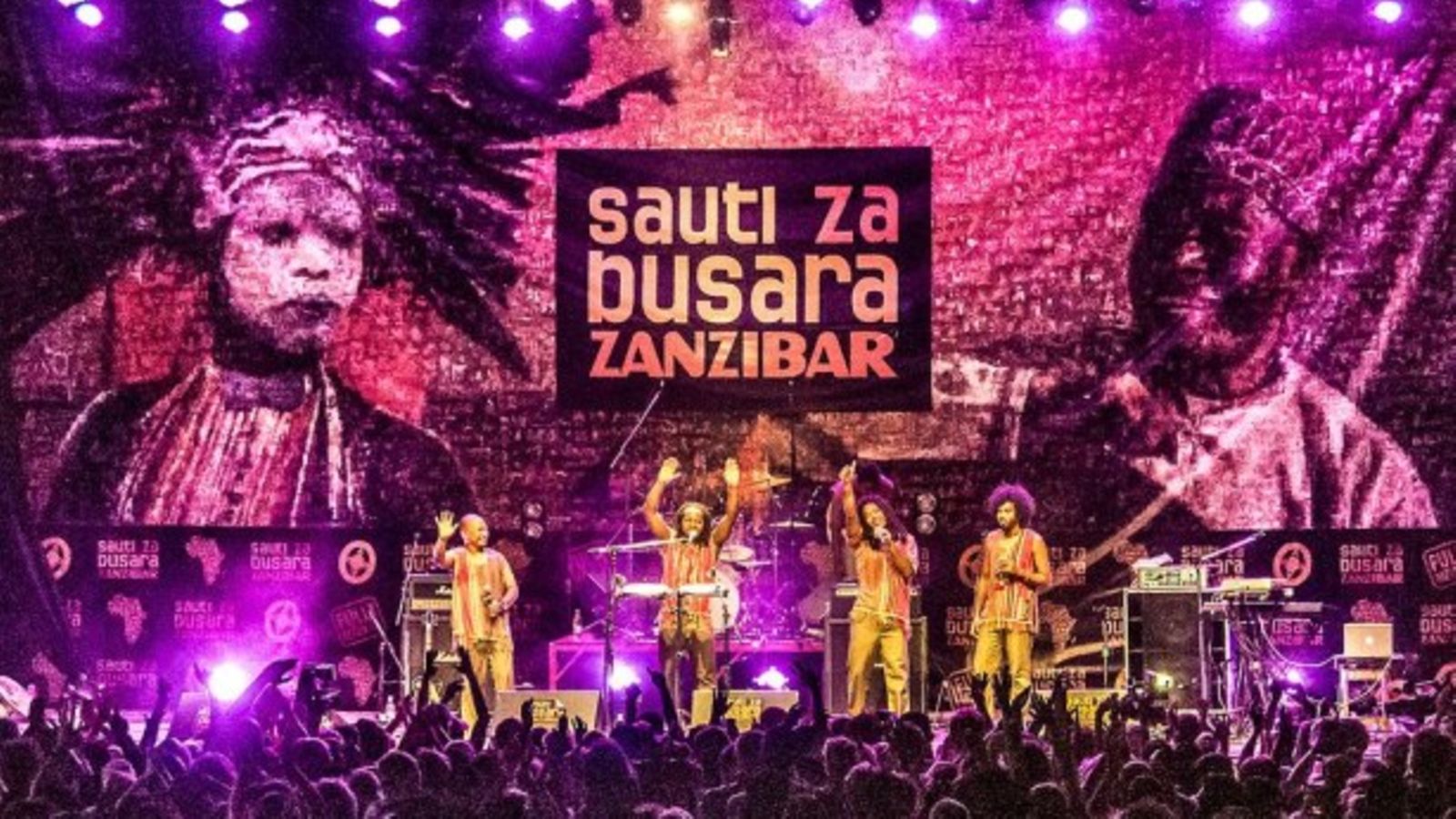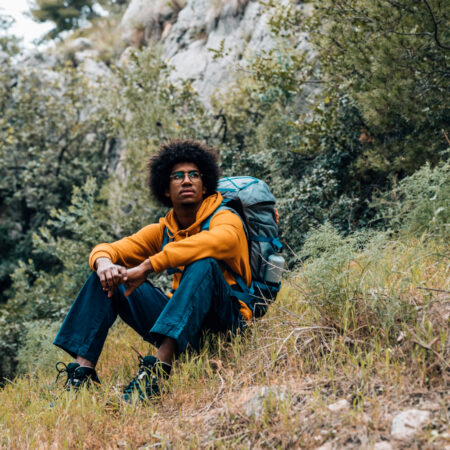Afro-Festivals Are the New Travel Magnets
The Rise of Cultural Tourism in Africa
The global traveler of today is no longer satisfied with traditional sightseeing alone—they crave authentic cultural immersion, and Africa is rising as a prime destination for that. Across the continent, Afro-festivals are emerging as vibrant celebrations of identity, tradition, and creativity, turning cities and towns into tourist magnets. Whether it’s music echoing through ancient hills, fashion parades that light up city streets, or food markets bubbling with local flavor, these festivals not only enrich the soul but also fuel local economies and tourism. From Lagos to Kigali and Zanzibar to Cape Town, cultural festivals are drawing in domestic and international tourists by the thousands. Let’s explore some of Africa’s most iconic and emerging cultural festivals—and why they’ve become the must-attend events for today’s savvy travelers.
Lake of Stars Festival—Malawi’s Rhythmic Jewel

Held along the golden shores of Lake Malawi at Kachere Kastle or Sunbird Livingstonia Beach, the Lake of Stars Festival is a multi-day celebration of music, art, and community. Founded in 2003, the event started as a dream to bring Malawian music to the global stage. Today, it attracts thousands from around the world, positioning Malawi as an East African hotspot for creative tourism. From sunrise yoga by the lake to electrifying nighttime concerts featuring artists from Ghana, South Africa, the UK, and Zambia, this festival is more than just entertainment—it’s a cultural exchange. The festival often partners with local initiatives to promote mental health, environmental conservation, and youth empowerment, giving the event a deeper layer of impact. Guests can also explore Liwonde National Park, located nearby, to witness Africa’s Big Five or visit Cape Maclear, a UNESCO World Heritage area for underwater biodiversity. The mix of natural beauty and cultural experience makes this a holistic travel adventure.
Nyege Nyege Festival—Uganda’s Counterculture Carnival
At the source of the Nile River, just outside Jinja, lies the heart-pounding, genre-defying Nyege Nyege Festival. This four-day electronic and underground music explosion showcases the edgiest sounds in African and global music. Set along the scenic banks of the river in Nile Discovery Beach, the event offers a surreal blend of music, nature, and artistic freedom. Festival-goers often camp at the site, blending days of music with river rafting, bungee jumping, or exploring the Source of the Nile Gardens, a historic spot marking the origin of the world’s longest river. For travelers interested in alternative scenes and Afrofuturistic expression, Nyege Nyege delivers a once-in-a-lifetime journey. More than just music, the event promotes inclusivity and gender equality, giving a platform to underrepresented communities, LGBTQ+ artists, and diasporic creatives. The festival is a cultural revolution in rhythm form, with thousands attending each year.

Chale Wote Street Art Festival—Ghana’s Urban Renaissance
Every August, the historic streets of Jamestown in Accra, Ghana, come alive with graffiti, spoken word, photography, and dance during the Chale Wote Street Art Festival. This is Ghana’s largest public arts gathering and has quickly transformed into a major tourist draw since its inception in 2011. With backdrops of colonial-era architecture, old lighthouses, and the Ussher Fort, visitors are treated to a living gallery. Artists paint murals on crumbling walls, dancers break into spontaneous performances, and fashionistas walk the streets in custom-made kente. Each activity is interactive, designed to break barriers between artist and audience. Cultural walking tours through Jamestown offer rich stories of resistance, trade, and transformation. Workshops on Afro-futurism and digital art make this festival appealing to creatives and digital nomads looking to network and get inspired. Chale Wote isn’t just an event; it’s a reimagining of Accra as Africa’s artistic capital.

Mombasa Carnival—Kenya’s Coastal Spectacle
On the shores of the Indian Ocean, the coastal city of Mombasa, Kenya, holds its annual Mombasa Carnival, a vibrant street parade of Swahili heritage, coastal cuisine, and traditional dance. Held along Moi Avenue and culminating at Fort Jesus, a UNESCO-listed fortress, the carnival weaves together Kenya’s 42 ethnic cultures.

Expect Taarab music, coastal street food like viazi karai and madafu, and handmade crafts sold in pop-up stalls. Dance troupes and float processions tell stories of trade and colonization, blending traditional Swahili dress with modern fashion. For travelers, it’s the perfect starting point for a deeper exploration of Old Town Mombasa, Haller Park, or a dhow cruise into the Indian Ocean. The carnival supports local artisans, performers, and guides, making it both an economic and cultural powerhouse for the region.
Sauti za Busara—Zanzibar’s Rhythmic Soul
Taking place inside the historic Old Fort in Stone Town, Zanzibar, the Sauti za Busara Festival (Swahili for “Sounds of Wisdom”) is one of East Africa’s most iconic music festivals. It unites performers from over 15 African countries for a four-day musical odyssey under the stars. What makes this festival unique is its commitment to promoting live music over playback, giving room for traditional drummers, taarab orchestras, and contemporary Afro-pop bands. In between shows, visitors wander through Forodhani Gardens, sample Zanzibar pizza, or visit Ngome Kongwe, another name for the Old Fort. Tourists often pair the festival with trips to Jozani Forest, home of the endemic red colobus monkey, or relax at Kendwa Beach post-festival. The island’s blend of Arab, Persian, Indian, and African influences makes it a destination that complements the festival’s multicultural vibe.

Conclusion: Festivals as Cultural Portals
Afro-festivals are more than parties—they are expressions of heritage, voices of generations, and powerful tools for destination marketing. By attending them, travelers don’t just visit Africa; they experience Africa—its rhythm, its flavor, and its soul. As more countries integrate cultural tourism into their development strategies, Afro-festivals will continue to be a beacon for global travelers. From the soulful beats of Zanzibar to the radical art of Accra, these festivals are carving new travel paths across the continent—and the world is paying attention.








